Pyruvic acid peel a promising procedure to treat acne vulgaris - new research
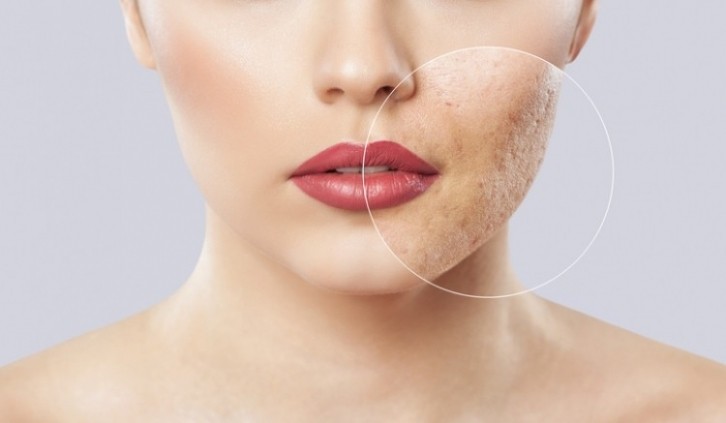
Acne vulgaris is among the most common skin conditions, with 9% of the world’s population affected by it. The highest incidence of the condition is seen in adolescents (80% to 85%) and persists into adulthood in 30% of cases. Factors such as stress, smoking, hormonal disorders, diet, UV radiation exposure, inappropriate cosmetics use and the consumption of certain medications (such as steroids and antidepressants) can exacerbate acne.
This can have negative pyschosocial effects, which tend to affect women more than they do men. These effects are usually expressed in the form of low self-esteem, anxiety, anger, embarrassment, depression, altered social interactions, or a drop in academic and professional performance, often impairing many aspects of quality of life (QoL).
Currently, pharmacological acne treatment typically includes retinoids, benzoyl peroxide, azelaic acid, salicylic acid or topical combinations. In more severe cases, oral antibiotics and hormonal therapies are recommended. In terms of cosmetic treatment, chemical peeling, microdermabrasion, cavitation peeling and photodynamic therapy are among the most common types of procedures for acne. Depending on the degree of severity of one’s acne, these procedures can either act as individual therapies or support pharmacological treatment.
Chemical peeling, which involves the controlled wounding of the skin’s epidermal and dermal layers, is one of the oldest cosmetic procedures. It is still widely used, thanks to its low cost and often positive results. Common peels include water-soluble alpha hydroxy acids (AHAs) and lipid-soluble beta hydroxy acids (BHAs) The former are extracted from fruit, sugarcane and milk, while the latter is derived from white willow bark.
The plus points of peeling
Pyruvic acid, an AHA with keratolytic, antimicrobial and sebostatic properties, has been found to reduce oiliness significantly and stimulate the formation of elastic fibres and collagen. In 40% to 70% concentrations and short-term applications, it is often used as an exfoliating agent against inflammatory acne, acne scars, warts and oily skin.
Still, AHAs’ impact on acne vulgaris has not been studied extensively, so researchers at the Łomża State University of Applied Sciences and Medical University of Białystok conducted a study to assess if the chemical peeling in the form of 35% pyruvic acid could improve the QoL of acne vulgaris patients.
They recruited 200 participants (169 women and 31 men) aged between 17 and 40, who had had mild to moderate facial acne severity for over one year. Of these participants, 40% were overweight, 66% lived a sedentary lifestyle, had insufficient sleep and smoked cigarettes, and 50% drank alcohol at least once a week and consumed sugar and sweets daily.
The study participants underwent a cosmetic intervention that involved chemical peeling with 35% pyruvic acid and included four series repeated at seven-day intervals. They first had to undergo a thorough makeup removal process to ensure sweat, sebum and dirt were removed from the skin to prepare it for peeling.
Next, specific affected areas of each participants’ skin were selected for treatment, after which specialised preparations were applied to ensure the skin’s pH would change during the pyruvic acid peeling. After the acid was neutralized and used in the treatment, participants each had a serum, mask, and cream with a UV filter applied to their skin.
They were also advised on post-treatment actions, including avoidance of direct sun exposure and using creams with a UV 50 filter to prevent post-treatment discolouration. Seven days later, they were invited for a follow-up visit. Afterwards, the researchers observed that mild depression among the participants had decreased from 23.4% to 17.1% and moderate depression from 6.3% to 4.4%. Additionally, they found that the severity of acne had “significantly decreased”.
The results were consistent with previous studies on pyruvic acid peeling as the procedure in this study was reported to have “significantly decreased the severity of the acne and improved the QoL of the patients”. This was also related to improved skin condition being linked with higher levels of satisfaction with one’s life, as the study subjects became more satisfied with their appearance, experiencing better self-esteem and self-confidence alongside decreased anxiety and depression after the procedures.
Skin in the game
Only 79% of the initial cohort took part in the final stage of the study, over 50% of the 42 excluded participants after the follow-up did not complete all the standardised questionnaires, and 20 resigned from the study without giving any reason. The researchers pinpointed this as the study’s main limitation but also acknowledged that only 9.5% of the participants reported dissatisfaction after the cosmetic procedure and no one reported any side effects.
In conclusion, they wrote that “this direction of research is promising and cosmetic treatments may be the first intervention before dermatological treatment”. They added that more research was needed to “compare the effectiveness of different acids, at different concentrations, in improving the quality of life of patients with acne vulgaris”.
Source: Clinical Medicine
“The Effectiveness of Pyruvic Acid Peeling in Improving the Quality of Life of Patients with Acne Vulgaris”
https://doi.org/10.3390/jcm12103592
Authors: Beata Jankowska, et al.

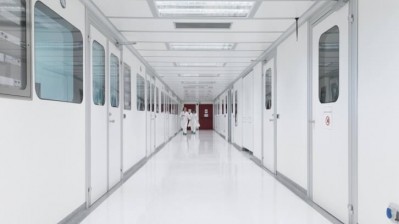
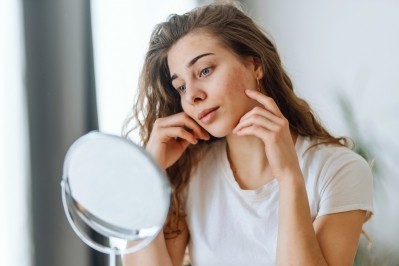
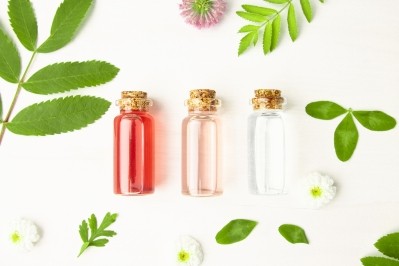

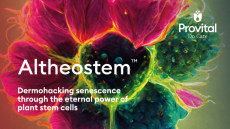
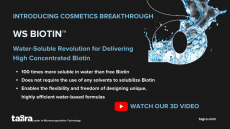
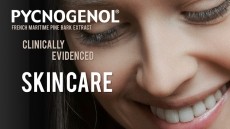


![Chinese study highlights mental health challenges in atopic dermatitis, emphasising holistic patient care. [Getty Images]](https://www.cosmeticsdesign-europe.com/var/wrbm_gb_food_pharma/storage/images/_aliases/wrbm_tiny/publications/cosmetics/cosmeticsdesign-asia.com/headlines/formulation-science/chinese-research-linking-atopic-dermatitis-to-mental-health-underscores-need-for-holistic-care/17040623-1-eng-GB/Chinese-research-linking-atopic-dermatitis-to-mental-health-underscores-need-for-holistic-care.jpg)








